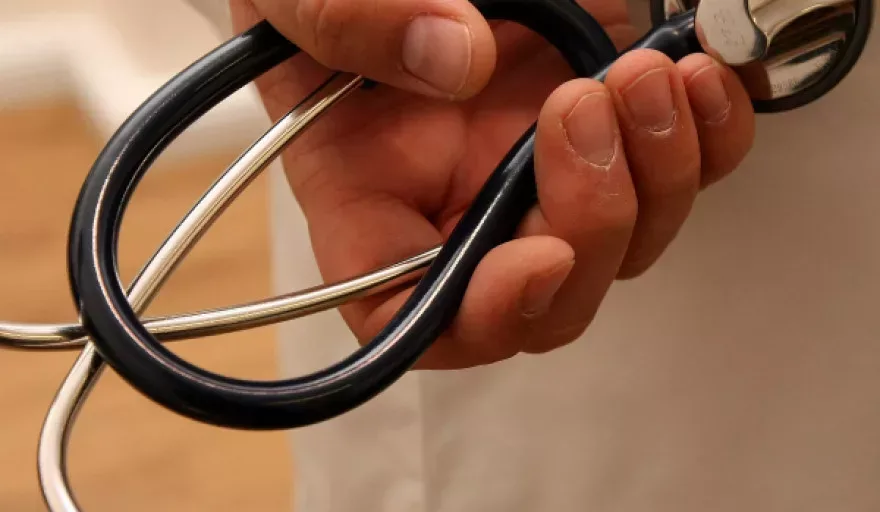According to the World Health Organisation, Sub Saharan Africa is home to 12% of the world’s population yet shoulders the burden of 26% of the global disease burden. In 2014 Africa’s fragile health system has undergone enormous pressure with Ebola having killed thousands of people across the continent. In addition, diseases such as Malaria (90% of the world’s malaria cases occur in Africa), HIV/Aids (60% of the world’s HIV/AIDS cases occur in Africa) and numerous chronic medical conditions including cardiovascular disease, cancer, respiratory disease and diabetes continue to increase the death toll in Africa.
The world’s pharmaceutical industry remains focused on finding efficient ways to distribute life-saving products to hospitals and patients across the continent. Simultaneously technology companies are exploring ways of using technology to provide greater access to healthcare, particularly for individuals based in the more rural areas across the continent who are removed from healthcare facilities impacting on their access to medical professionals and medication. One technology that is gaining significant traction in emerging markets is Machine-to-Machine (M2M) communications, it enables devices to exchange data without human intervention. M2M is providing the healthcare industry with greater control over medical data and enabling patients to take a more proactive role in their own treatment. This is done through speeding up and simplifying workflows and enabling healthcare professionals to spend less time keeping tabs on data and more time on patient care.
In an M2M-based solution, data or readings are captured by sensors in medical devices, and automatically uploaded to a server for remote access by patients, healthcare professionals and even other devices. For example, an M2M solution can be used to monitor the blood pressure of at-risk patients, or oversee the whereabouts of Alzheimer’s patients by means of a GPS device worn by the patient. M2M technology makes it possible to improve patient outcomes and increase access to care, particularly with patients suffering from communicable diseases or chronic medical conditions by transmitting prompts to take their medicine and checking that this is being done.
INSPIRING CONFIDENCE
The technology offers unrivalled opportunities to get information to the right place at the right time, as quickly as possible. However, it also represents a significant change in the relationship between patients and their healthcare professionals. A major challenge is the privacy of patient data. Private medical information has traditionally been shared face-to-face with the doctor. In M2M communication, on the other hand, devices collect and transmit information independently. This justifiably gives rise to concerns over who will be accessing the data, and how secure it is. And, considering that M2M-enabled devices can include everything from asthma inhalers and blood pressure readers to cardiac monitors and dialysis machines, a simple assurance of anonymity may not be enough to gain and retain the trust of patients.
One step to resolving the challenge is to take measures to ensure data is stored securely, in many cases the data is encrypted by customers themselves, which means not even the M2M service provider, such as Vodafone, has access to the data without the required encryption key. Besides this, Vodafone secures the data stream through the dedicated M2M platform with no access to the open internet. Another step is to operate a transparent system of access. Inspiring confidence means making people aware that they are in charge, and can control which healthcare providers view which data, and also for how long. Without building more bureaucracy into systems already weighed down with regulation, it is also vital for national and international policymakers to take an active role. For example, as smartphones become all-capable devices with an app for everything, it is important to define what constitutes a medical device for the purpose of mHealth.
M2M-based healthcare systems, have the potential to refocus healthcare on patients, in the home, community and at clinical facilities. Large-scale data capture also presents valuable opportunities for healthcare research.
There are several barriers that impact the adoption of mHealth technologies in Africa. To overcome these, communities would need to be educated on how to use the technology including benefits. Most importantly, before the potential of mHealth can be realised across the continent, individuals need to reach a level of comfort in using the devices and trust that their information is secure and will remain confidential. Lastly, patients need to be well informed of regulations currently in place which ensures that their information is protected and safe across all platforms.






























